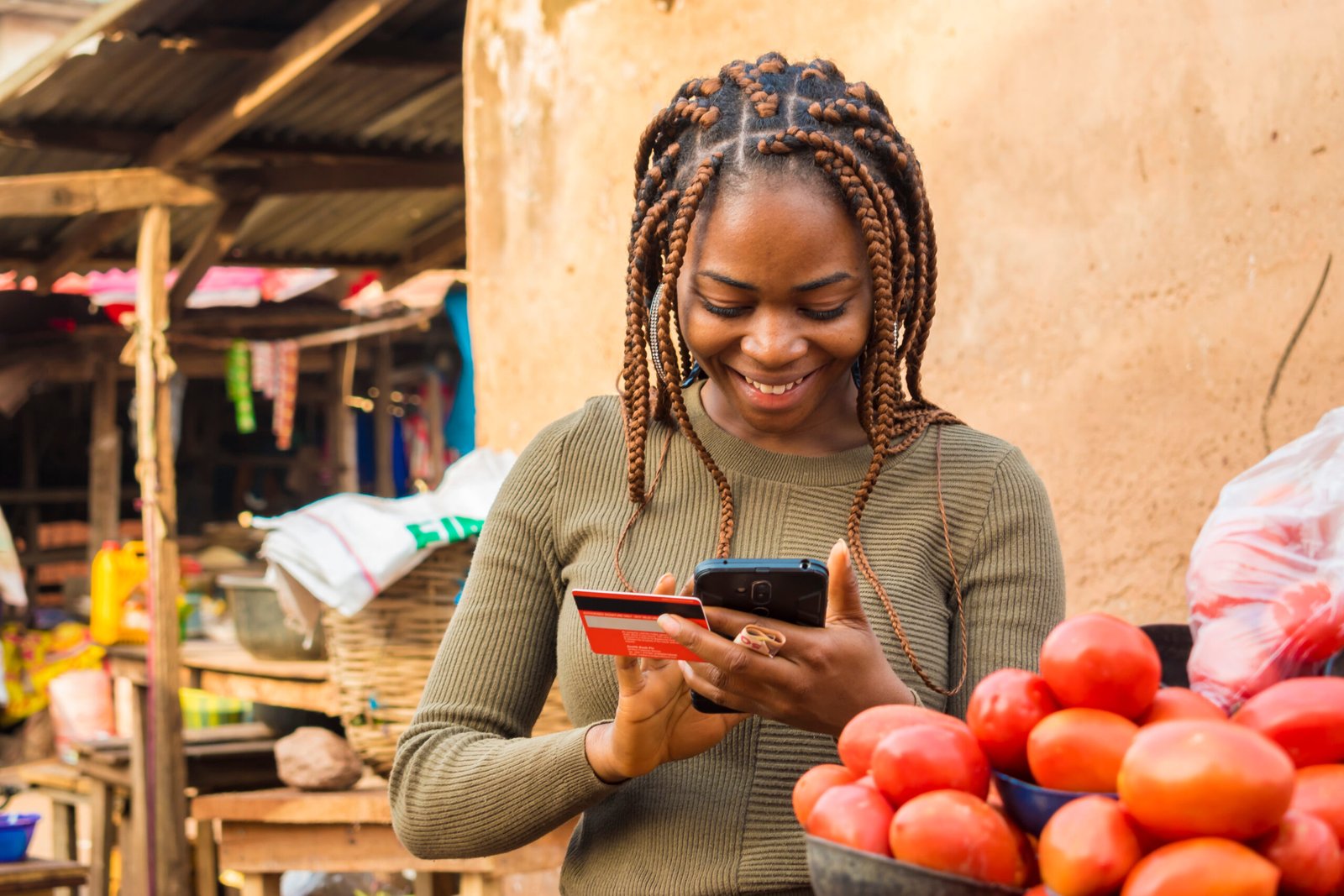The Digital Economy: What is it?

All economic activities that use digital tools to produce, market, sell, or deliver goods and services.
If you use your phone to send money via M-Pesa, order clothes on Instagram, or advertise your services on WhatsApp, you're already part of the digital economy. The digital economy is the part of the economy that is based on digital technologies, especially the internet, computers, smartphones, mobile apps, and online platforms. It includes all economic activities that use digital tools to produce, market, sell, or deliver goods and services.
How the Digital Economy Operates depends on;
1. Digital Infrastructure
This includes the tools, networks, and systems that allow people and businesses to connect and operate online. Without infrastructure like the internet, smartphones, and digital networks, the digital economy can't function. For example, the expansion of 4G and 5G networks by companies like Vodacom, Airtel, and Tigo enables youth in both towns and rural areas to access online opportunities.
2. Digital Platforms
These are online spaces that connect buyers and sellers, service providers and customers. They make it easy for people to interact, trade, and collaborate without needing a physical location. E-commerce: Jumia, Kupatana, or local Instagram shops selling clothes or cosmetics, Transportation: Bolt or LittleApp, Freelance work: Fiverr, Upwork (used by Tanzanian writers, designers, translators)
3. Digital Services
These are services provided entirely online or with the help of digital tools. You don't have to physically visit an office; you just need a phone or computer. For example, for Mobile banking: Using NMB or CRDB apps to transfer money, Online education: Attending Zoom classes or watching tutorials on YouTube, and Digital health, like booking medical consultations via mobile apps.
4. Digital Skills
To succeed in the digital economy, people need digital literacy, the knowledge and skills to use computers, smartphones, the internet, and software tools.
In a Tanzanian Perspective, a graduate can learn graphic design using Canva or Adobe tools. A mama ntilie can promote her food business using Facebook or TikTok. A university student can earn money by editing documents or translating content online.
5. Digital Payments
This includes any form of cashless transaction, whether through mobile money, debit cards, or online banking. Digital payments make transactions faster, safer, and more accessible. In Tanzania, Mobile money services like M-Pesa, Tigo Pesa, Airtel Money, and HaloPesa are used to send/receive money, pay bills, buy electricity, or even pay school fees.
If the Digital economy is well considered, it can be a source of job creation and solve unemployment problems in Tanzania, save time and reduce operational costs, increase access to the market, boost financial institutions, increase GDP, and promote local innovations and local solutions.
